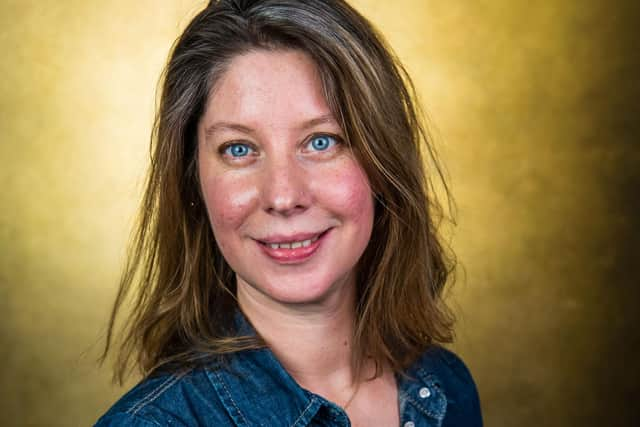New map provides different perspectives on the value of our coasts - Dr Leslie Mabon, Dr Niki Vermeulen and Dr Sandro Carnicelli
Alok Sharma’s gavel may long have ceased banging, but now the hard work begins for the UK in making progress on key negotiating points and spurring countries into action before the next COP in Egypt later this year. And all of this against a backdrop of heightened geopolitical tensions.
Our coasts and seas are going to be an absolutely critical aspect of the global climate change and energy security response going forwards. On one hand, our seas offer significant potential as a source of net-zero energy through offshore wind, and as carbon sinks through seaweed. On the other, the extreme events we are already locked into have the potential to destroy or permanently alter the coastal landscapes on which many of us live. As a coastal nation with significant renewable energy potential and reliance on the resources of the sea, Scotland is at the forefront of these debates.
Advertisement
Hide AdAdvertisement
Hide AdThe RSE Young Academy of Scotland (YAS) brings together young professionals from all sectors to work together on projects that benefit Scotland and the world. Sustainability is a high priority for us and one of the Grand Challenges of the Academy is to support Scotland to achieve its net zero emissions target and lead the international effort to tackle climate change. As such, we have developed many projects and have actively contributed to the sustainability agenda and debates in Scotland. From public conversations via the Royal Society of Edinburgh’s Curious Summer Events Programme to the publication of a Business Travel Pledge, we have been strongly advocating for a more urgent attitude towards the climate emergency.


But one of the key areas of our work has been focusing on coastal communities and their importance to a just transition. We are especially highlighting the importance of the integration of social science, humanities and arts in marine science research, as the future of our coasts and seas needs the integration of a variety of perspectives and all different research fields can contribute and help to imagine better futures.
Most importantly, knowledge of Scottish coasts and waters is held by all the people of Scotland. In order to bring in perspectives from those living and working along the coasts, or enjoying visiting the coast in the weekend or during holidays, we have developed an interactive Coastal Knowledge Map: https://www.youngacademyofscotland.org.uk/coastal-knowledge/
Here everyone can put in their own experiences of the coast and show what they find important. You can share with us your coastal pictures, stories, artwork or videos so they become visible on the map. Together we can provide different perspectives on the value of our coast and ways to preserve this into the future.
Dr Leslie Mabon, Lecturer in Environmental Systems, the Open University; Dr Niki Vermeulen, Senior Lecturer in History and Sociology of Science, University of Edinburgh and Dr Sandro Carnicelli, Senior Lecturer in Events and Tourism, University of the West of Scotland
Comments
Want to join the conversation? Please or to comment on this article.